Breaking Together: A freedom-loving response to collapse
by Jem Bendell
Jem Bendell's "Breaking Together" is a stark and unflinching look at the impending collapse of industrial consumer societies. It argues that this collapse is not a future event, but a process already underway, driven by the interconnected failures of our economic, environmental, and social systems.
The book's key argument is:
- Societal collapse is inevitable: The author presents a sobering analysis of data showing declines in human well-being, resource depletion, and environmental degradation, arguing these trends are irreversible.
- The culprit is not human nature, but Imperial Modernity: Bendell pinpoints the root cause as a system of interconnected power structures driven by a "money-power" that prioritizes profit over people and planet. This system, fueled by expansionist monetary systems, has fueled colonialism, patriarchy, and a destructive disregard for the environment.
- We need to reclaim our freedom: Instead of clinging to a false hope of progress, Bendell advocates for an "eco-libertarian" approach, where individuals and communities reclaim power and prioritize a more harmonious relationship with nature.
The book explores six key areas of collapse:
- Economic Collapse: The contradictions of capitalism, combined with unsustainable debt-based monetary systems, are leading to a decline in quality of life and the inability of societies to maintain their current economic systems.
- Monetary Collapse: The global monetary system is on the verge of collapse, driven by the unsustainable growth imperative, the ending of oil-backed dollar hegemony, and the recent reckless corporate bailouts.
- Energy Collapse: Industrial consumer societies are fundamentally dependent on fossil fuels, which are unsustainable, finite, and becoming increasingly costly to extract. Replacing them with renewable energy is not possible at the scale required.
- Biosphere Collapse: The Earth’s biosphere is being rapidly degraded, with biodiversity loss, ecosystem collapse, and rampant pollution. This collapse is driven by overshoot and unsustainable consumption patterns.
- Climate Collapse: Climate change is accelerating at an alarming rate, with cascading failures impacting ecosystems, agriculture, and human settlements. We are beyond the point of avoiding catastrophic warming.
- Food Collapse: A combination of factors, including climate change, resource depletion, and unsustainable agricultural practices, is pushing the global food system towards collapse, threatening the food security of billions.
Beyond the bleak picture, the book offers hope and a path forward:
- Breaking Together: Accepting the inevitability of collapse can be a liberating experience, allowing us to shed false hopes and prioritize what truly matters: connection, empathy, and creating a more beautiful and just world.
- Ecolibertarianism: This philosophy emphasizes personal and collective freedom, reclaiming power from elites, and building sustainable, resilient communities based on shared resources and cooperation.
- A Doomster Way of Being: Recognizing collapse does not lead to despair but to a new kind of activism and engagement. Doomsters are aware of the difficult future but find joy in the present moment and strive to create a more harmonious existence.
The book concludes with a call to action:
- Reclaim Power: We must reclaim our power from the money-power and its agents, both through personal choices and collective action.
- Break Free: Resist the seductive allure of authoritarian solutions and embrace eco-libertarian principles of freedom, sustainability, and community.
- Dance in the Rain: Don't succumb to despair, but find beauty in the midst of chaos. Embrace the "green pill" of reality and create a more just and sustainable future.
Overall, "Breaking Together" is a critical and timely book that confronts the uncomfortable truth of our current predicament. It challenges us to think differently about the world, our place in it, and what it means to be human in an era of collapse. By embracing a new paradigm of eco-libertarianism, Bendell offers a roadmap for navigating the challenges ahead and creating a more sustainable and fulfilling future.
